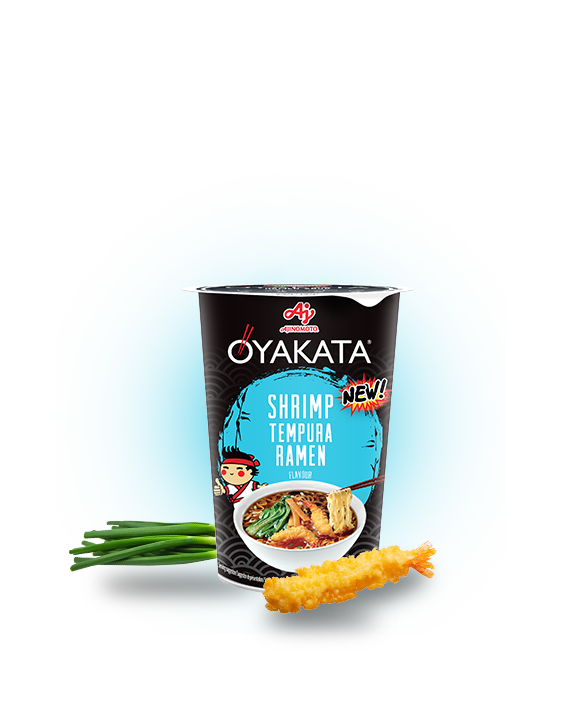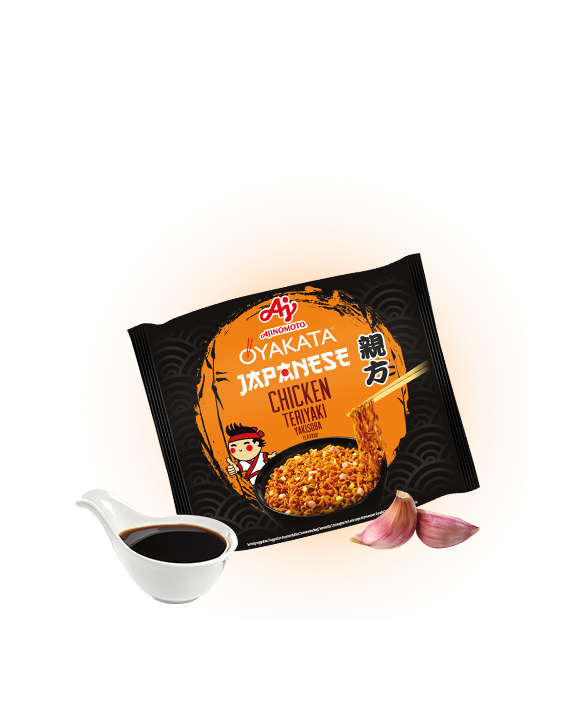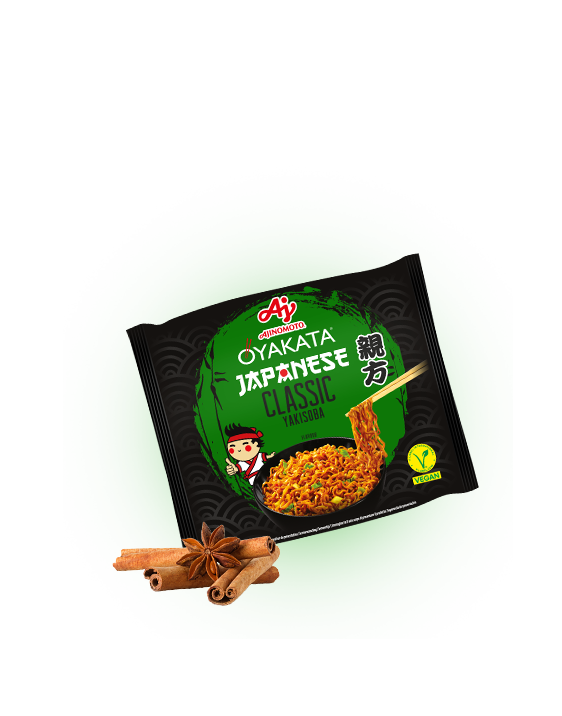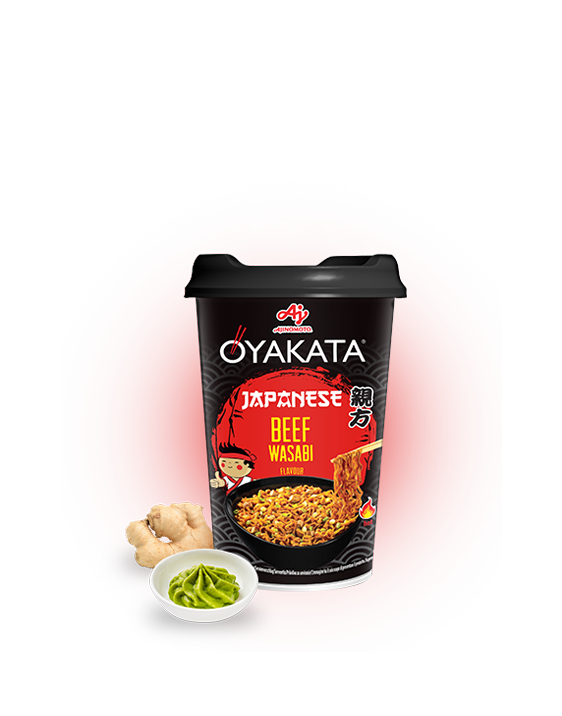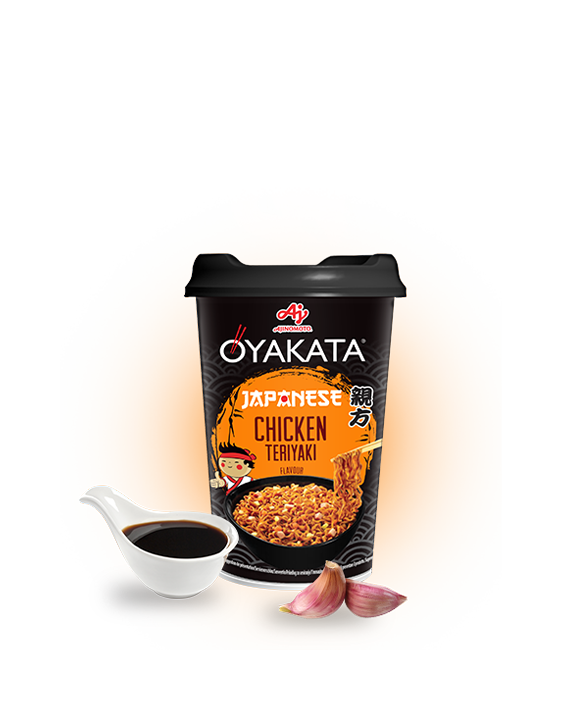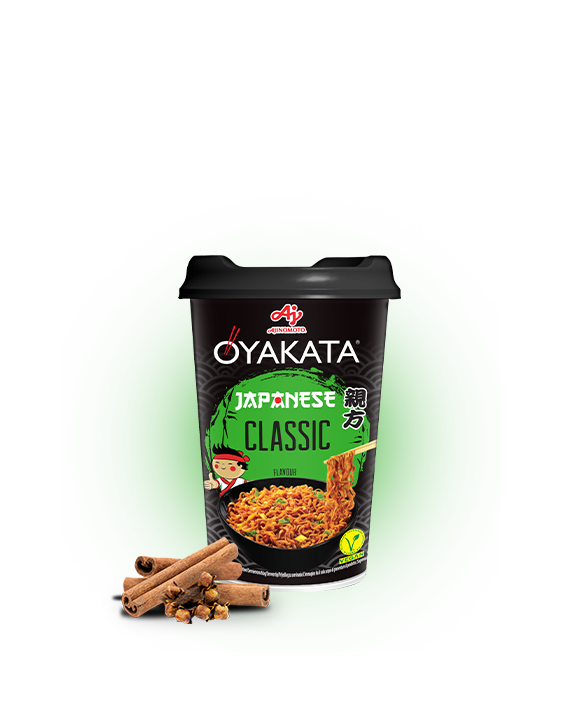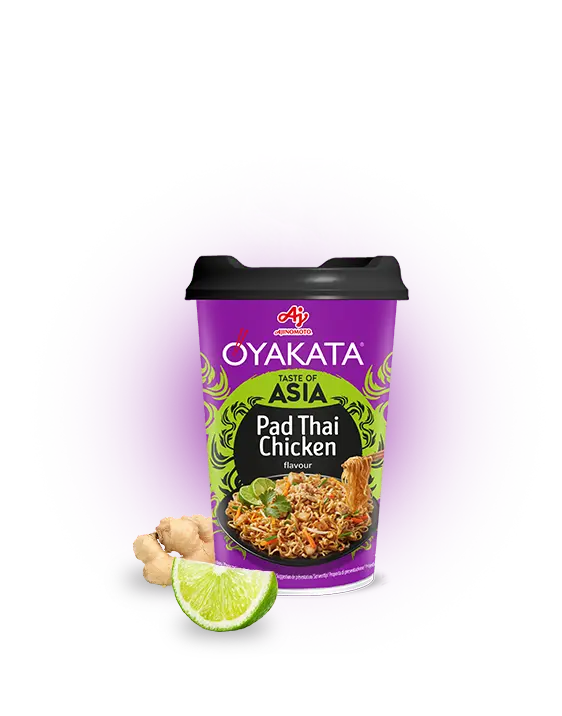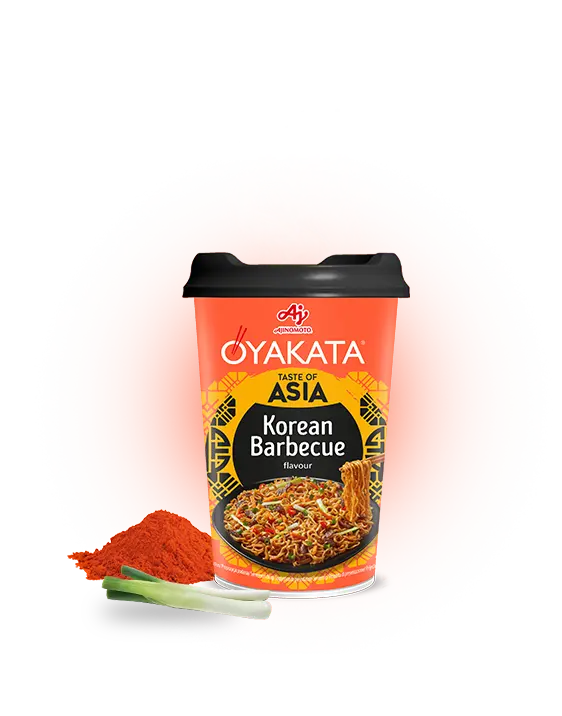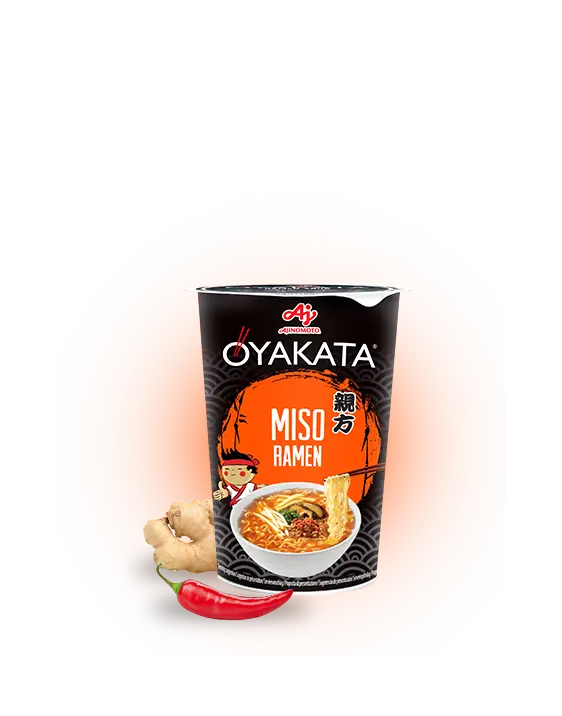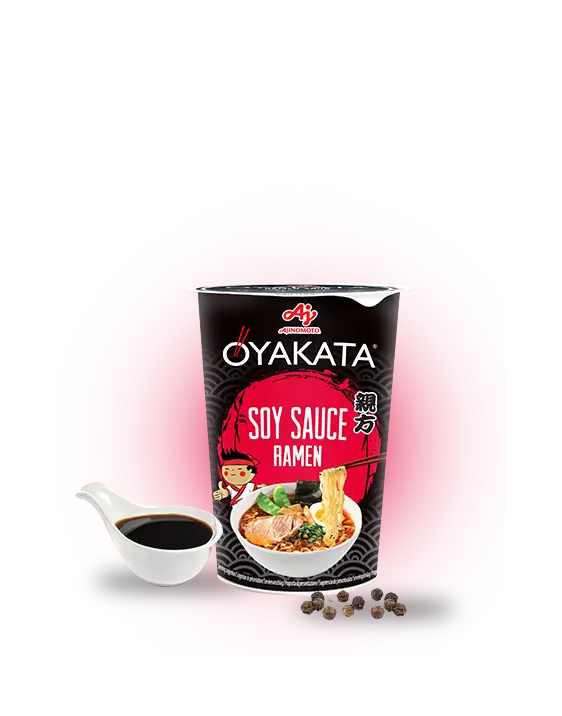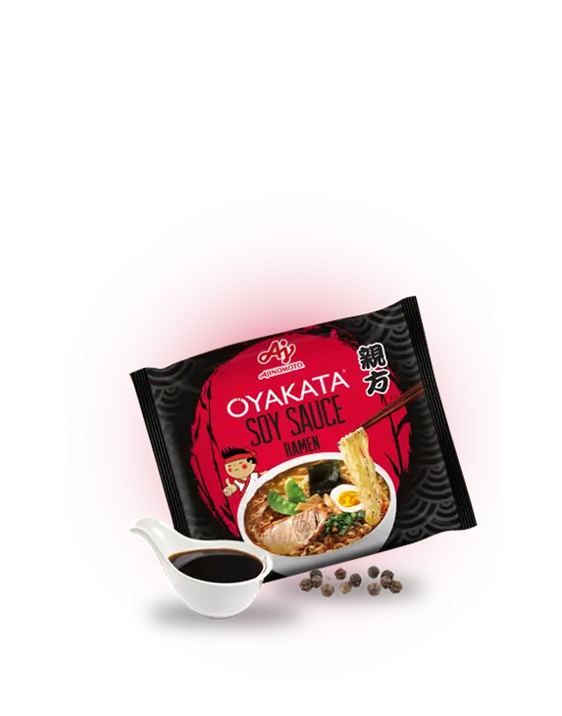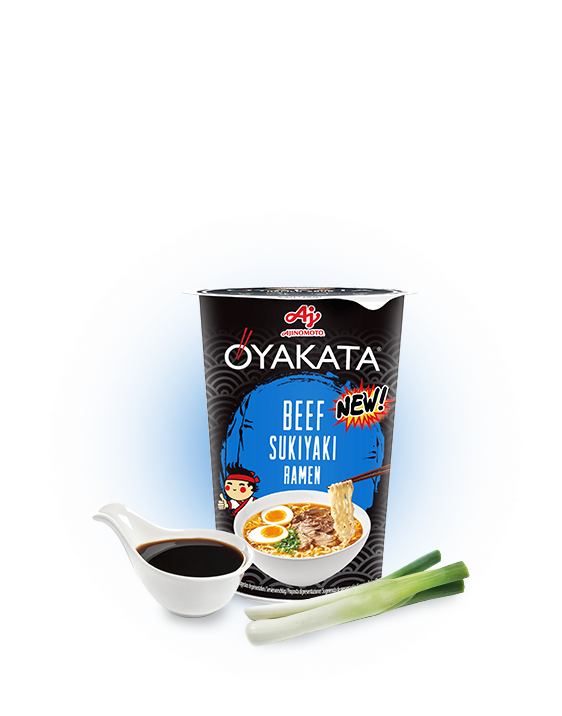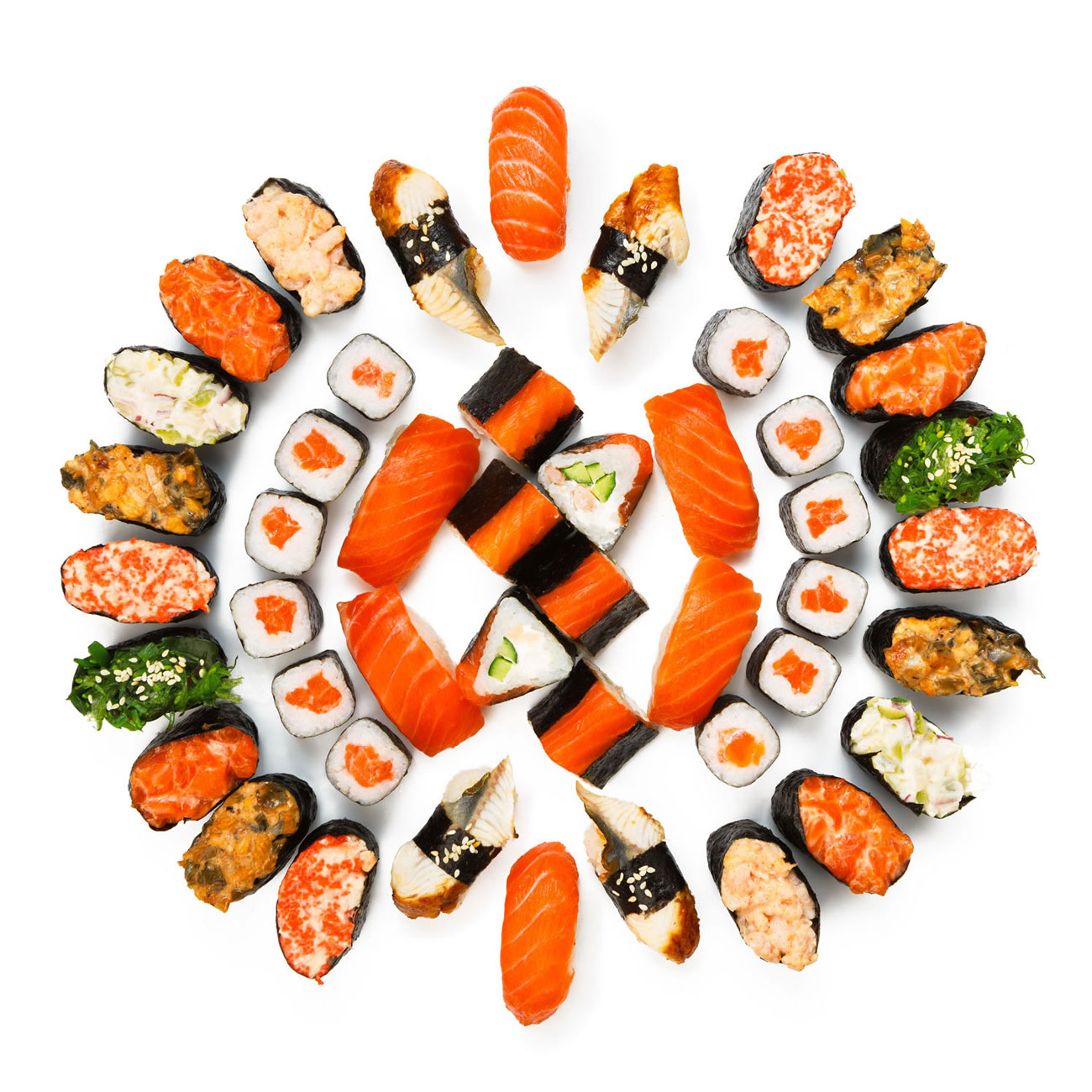

MASTER'S BOOK
APHRODISIACS IN JAPANESE CUISINE
Culinary aphrodisiac
Romantic dinners can awaken desire not only with their unique atmosphere, candles or music. A good choice of ingredients on the lovers’ plates can also enhance their sexual prowess from the inside – according to traditional beliefs and some scientists. All this thanks to natural aphrodisiacs which can easily be snuck into your romantic menu, and your tastebuds will be grateful for it.
Natural sexual power
Libido-enhancing substances are not called aphrodisiacs for no reason. The term comes from the name of the Greek goddess of love and fertility, Aphrodite. Such substances can stimulate nerve endings and sexual centres of the nervous system. As the subject of sexual dysfunctions remains ever relevant, especially in an age of stress, rush and constant tension, natural aphrodisiacs are often used as supplements to pharmacological treatments or are an ingredient of medicines and dietary supplements.
Natural aphrodisiac from Japan
The most typical aphrodisiac is seafood, a staple of Japanese cuisine. Both fatty sea fish and crustaceans are rich in vitamins and minerals, which increase sexual strength. These include iron, zinc, calcium, phosphorus and iodine, among others. Fish are also rich in Omega 3 acids. Vitamins A, D, as well as B vitamins also have an influence on sexual health.
Aphrodisiac from Japan
One of the most prominent dishes in Japanese cuisine is sushi, which is known boosting arousal. Ingredients rolled in dark seaweed complement one another and make for a composition teeming with romantic energy. The positive effects of seafood are further augmented by vitamin E from the seaweed, as well as by stimulating side dishes served with Japanese delicacies. Aroma-rich marinated ginger (gari) and spicy wasabi stimulate the body to produce endorphines, the happiness hormones that make us feel good.
Aprodisiacs in Japanese cuisine
While Europeans still consider sushi to be exotic and stimulating, Asians sometimes require something stronger. Those who crave excitement – not only of the sexual kind – experiment by tiptoeing the fine line between aphrodisiacs and poison. Fugu is a Japanese blowfish, which, due to its tetrodotoxin, is deadly if eaten fresh. A Japanese tradition has it that, in small doses, the poison instead increases arousal. To avoid health hazards, the fish needs to be prepared by experienced, qualified cooks. The poison is easily detectable by a distinct stinging sensation and numbness of the tongue. Eating fugu is always equal to risking death – even despite all the strict regulations that are in place regarding its preparation, cases of poisoning still occur. The things we do enhance our love lives…
Love elixir or placebo?
Though the effect of natural aphrodisiacs is contested by scientists, you would be hard-pressed to deny the positive effects of microelements and vitamins on your body’s general health, energy levels and vitality. With the exclusion of extreme cases like fugu, Japanese aphrodisiacs surely will not hinder anyone’s love escapades. They may however spice them up a little with their unique flavours and aromas.



